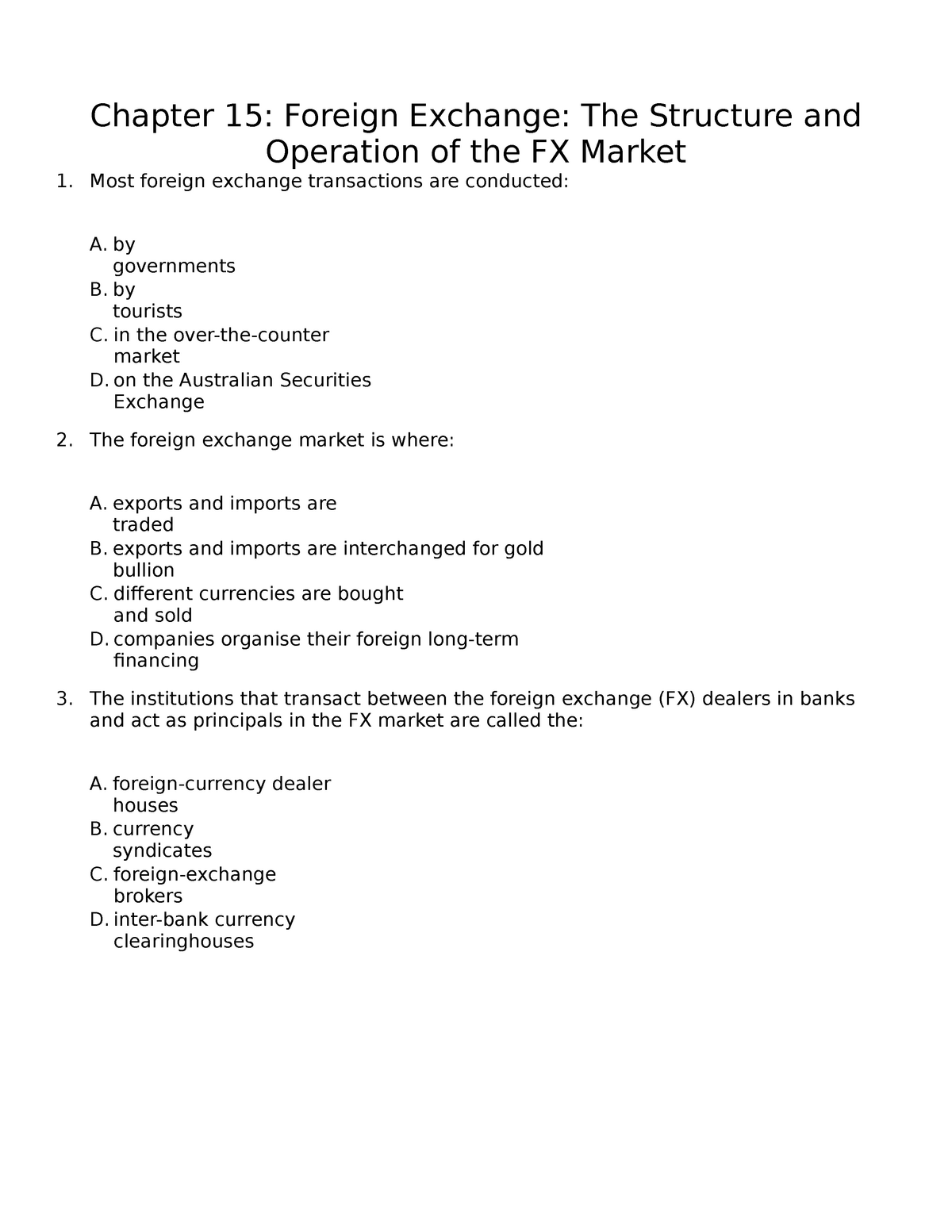
If you are looking to maximize your investment returns, it is worth investing in top defensive stocks. Investing in defensive stocks can be a great way to protect your portfolio from future market risks. While some companies might not be interesting or seem boring, they can make great investments. These stocks have the unique ability to weather any market downturn. Fundamental analysis is a great way to identify and profit from the best defensive stock options. Here are some examples.
CVS
CVS has a great base as a pharmacy and retail retailer, and it recently completed an ambitious acquisition of health insurance giant Aetna. Aetna's recent synergies have enabled it to produce $2.3 Billion in quarterly profits. GM has seen great success since the 2008 U.S. Auto Bailout. In recent years, the company has been able to pay a steady dividend and has reduced its debt.

General Dynamic
General Dynamics is a solid investment option if you are looking for a reliable bet. The company has an impressive track record of capital returns and shareholder value creation, and its current war in Ukraine is a major tailwind for the defense contractor. General Dynamics stocks, however, have very limited total-return potential at current levels. However, strong tailwinds from the war are creating favorable conditions for defense and aerospace contractors. This may limit their upside in the near term.
Unilever
The British multinational company is a reliable choice when it comes to stock picking. Despite the fact that GlaxoSmithKline's recent unsuccessful bid has indicated a lack of organic growth prospects for the company, it is unlikely the stock will continue to fall in the short term. It has therefore not been well-received by investors in the recent past. This recent news has helped the stock to rebound. Unilever is an international multinational with a low P/E of 15.6 and a yielding dividend of 4.06%.
Pfizer
A dividend is the key to maintaining stability in your portfolio. COVID-19 vaccination sales will eventually decrease, but they don’t seem to be an irreversible revenue source. Branded drug companies are not immune to rapid declines in sales of their main products. As a result, their market shares and patent protection are lost over time. The company's product portfolio is what will determine its long-term stability.

Walmart
Walmart is the perfect stock to invest in if you want to be among the top defensive stocks. This blue chip mega-cap has a strong underlying business structure. Even though shares have only increased 0.39% over the past year, they are still among the best. This is due to the company's expansion and recent launch of a subscription-based service similar in nature to Amazon Prime. Although the stock is relatively cheap, the company has managed to increase its earnings, dividends and margins over the past few years.
FAQ
What are the benefits to owning stocks
Stocks are more volatile that bonds. The stock market will suffer if a company goes bust.
But, shares will increase if the company grows.
For capital raising, companies will often issue new shares. Investors can then purchase more shares of the company.
To borrow money, companies use debt financing. This allows them to access cheap credit which allows them to grow quicker.
If a company makes a great product, people will buy it. The stock price rises as the demand for it increases.
As long as the company continues producing products that people love, the stock price should not fall.
Are bonds tradeable?
Yes they are. Bonds are traded on exchanges just as shares are. They have been doing so for many decades.
You cannot purchase a bond directly through an issuer. You must go through a broker who buys them on your behalf.
Because there are fewer intermediaries involved, it makes buying bonds much simpler. This also means that if you want to sell a bond, you must find someone willing to buy it from you.
There are many types of bonds. Some pay interest at regular intervals while others do not.
Some pay interest annually, while others pay quarterly. These differences make it easy to compare bonds against each other.
Bonds are great for investing. You would get 0.75% interest annually if you invested PS10,000 in savings. If you were to invest the same amount in a 10-year Government Bond, you would get 12.5% interest every year.
If all of these investments were put into a portfolio, the total return would be greater if the bond investment was used.
How does inflation affect the stock market?
Inflation is a factor that affects the stock market. Investors need to pay less annually for goods and services. As prices rise, stocks fall. It is important that you always purchase shares when they are at their lowest price.
What's the role of the Securities and Exchange Commission (SEC)?
SEC regulates brokerage-dealers, securities exchanges, investment firms, and any other entities involved with the distribution of securities. It enforces federal securities laws.
What is security in a stock?
Security is an investment instrument whose worth depends on another company. It can be issued by a corporation (e.g. shares), government (e.g. bonds), or another entity (e.g. preferred stocks). The issuer promises to pay dividends and repay debt obligations to creditors. Investors may also be entitled to capital return if the value of the underlying asset falls.
How are securities traded?
The stock exchange is a place where investors can buy shares of companies in return for money. Shares are issued by companies to raise capital and sold to investors. These shares are then sold to investors to make a profit on the company's assets.
Supply and Demand determine the price at which stocks trade in open market. The price of stocks goes up if there are less buyers than sellers. Conversely, if there are more sellers than buyers, prices will fall.
There are two ways to trade stocks.
-
Directly from company
-
Through a broker
What's the difference between marketable and non-marketable securities?
The main differences are that non-marketable securities have less liquidity, lower trading volumes, and higher transaction costs. Marketable securities on the other side are traded on exchanges so they have greater liquidity as well as trading volume. They also offer better price discovery mechanisms as they trade at all times. However, there are many exceptions to this rule. Some mutual funds are not open to public trading and are therefore only available to institutional investors.
Marketable securities are less risky than those that are not marketable. They usually have lower yields and require larger initial capital deposits. Marketable securities are typically safer and easier to handle than nonmarketable ones.
For example, a bond issued in large numbers is more likely to be repaid than a bond issued in small quantities. The reason is that the former is likely to have a strong balance sheet while the latter may not.
Because they are able to earn greater portfolio returns, investment firms prefer to hold marketable security.
Statistics
- Even if you find talent for trading stocks, allocating more than 10% of your portfolio to an individual stock can expose your savings to too much volatility. (nerdwallet.com)
- US resident who opens a new IBKR Pro individual or joint account receives a 0.25% rate reduction on margin loans. (nerdwallet.com)
- Individuals with very limited financial experience are either terrified by horror stories of average investors losing 50% of their portfolio value or are beguiled by "hot tips" that bear the promise of huge rewards but seldom pay off. (investopedia.com)
- "If all of your money's in one stock, you could potentially lose 50% of it overnight," Moore says. (nerdwallet.com)
External Links
How To
How to open an account for trading
Opening a brokerage account is the first step. There are many brokers available, each offering different services. There are some that charge fees, while others don't. Etrade is the most well-known brokerage.
After you have opened an account, choose the type of account that you wish to open. One of these options should be chosen:
-
Individual Retirement Accounts (IRAs).
-
Roth Individual Retirement Accounts (RIRAs)
-
401(k)s
-
403(b)s
-
SIMPLE IRAs
-
SEP IRAs
-
SIMPLE 401(k)s
Each option has different benefits. IRA accounts have tax advantages but require more paperwork than other options. Roth IRAs permit investors to deduct contributions out of their taxable income. However these funds cannot be used for withdrawals. SEP IRAs are similar to SIMPLE IRAs, except they can also be funded with employer matching dollars. SIMPLE IRAs require very little effort to set up. They allow employees and employers to contribute pretax dollars, as well as receive matching contributions.
Finally, determine how much capital you would like to invest. This is your initial deposit. A majority of brokers will offer you a range depending on the return you desire. For example, you may be offered $5,000-$10,000 depending on your desired rate of return. This range includes a conservative approach and a risky one.
You must decide what type of account to open. Next, you must decide how much money you wish to invest. There are minimum investment amounts for each broker. The minimum amounts you must invest vary among brokers. Make sure to check with each broker.
You must decide what type of account you want and how much you want to invest. Next, you need to select a broker. Before choosing a broker, you should consider these factors:
-
Fees - Make sure that the fee structure is transparent and reasonable. Brokers often try to conceal fees by offering rebates and free trades. Some brokers will increase their fees once you have made your first trade. Don't fall for brokers that try to make you pay more fees.
-
Customer service - Look for customer service representatives who are knowledgeable about their products and can quickly answer questions.
-
Security - Make sure you choose a broker that offers security features such multi-signature technology, two-factor authentication, and other.
-
Mobile apps - Find out if your broker offers mobile apps to allow you to view your portfolio anywhere, anytime from your smartphone.
-
Social media presence - Check to see if they have a active social media account. It may be time to move on if they don’t.
-
Technology - Does the broker use cutting-edge technology? Is the trading platform user-friendly? Are there any problems with the trading platform?
After choosing a broker you will need to sign up for an Account. Some brokers offer free trials. Others charge a small amount to get started. After signing up, you'll need to confirm your email address, phone number, and password. You will then be asked to enter personal information, such as your name and date of birth. Finally, you'll have to verify your identity by providing proof of identification.
After you have been verified, you will start receiving emails from your brokerage firm. It's important to read these emails carefully because they contain important information about your account. This will include information such as which assets can be bought and sold, what types of transactions are available and the associated fees. Also, keep track of any special promotions that your broker sends out. These could include referral bonuses, contests, or even free trades!
Next is opening an online account. An online account can be opened through TradeStation or Interactive Brokers. Both sites are great for beginners. You will need to enter your full name, address and phone number in order to open an account. After this information has been submitted, you will be given an activation number. This code is used to log into your account and complete this process.
Now that you have an account, you can begin investing.